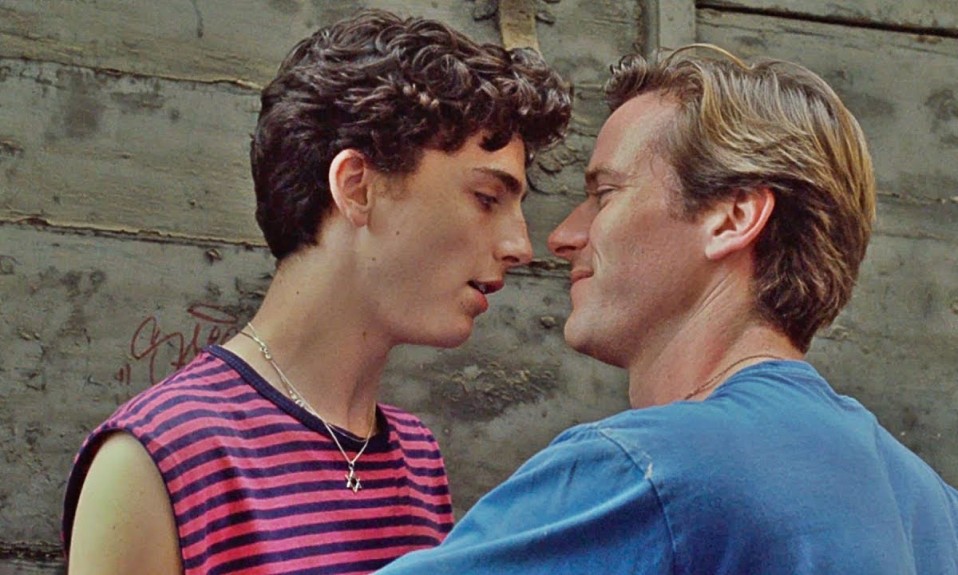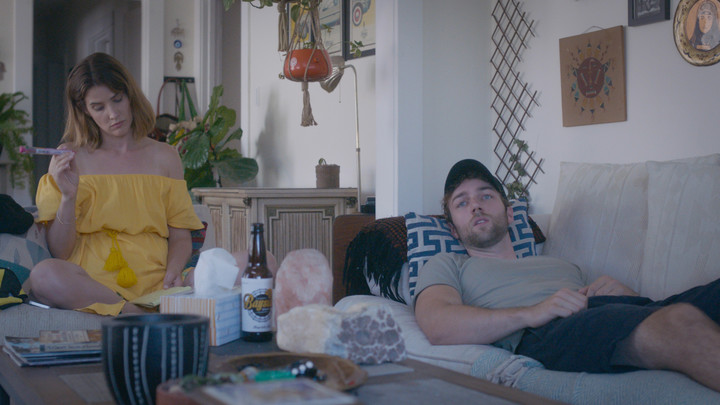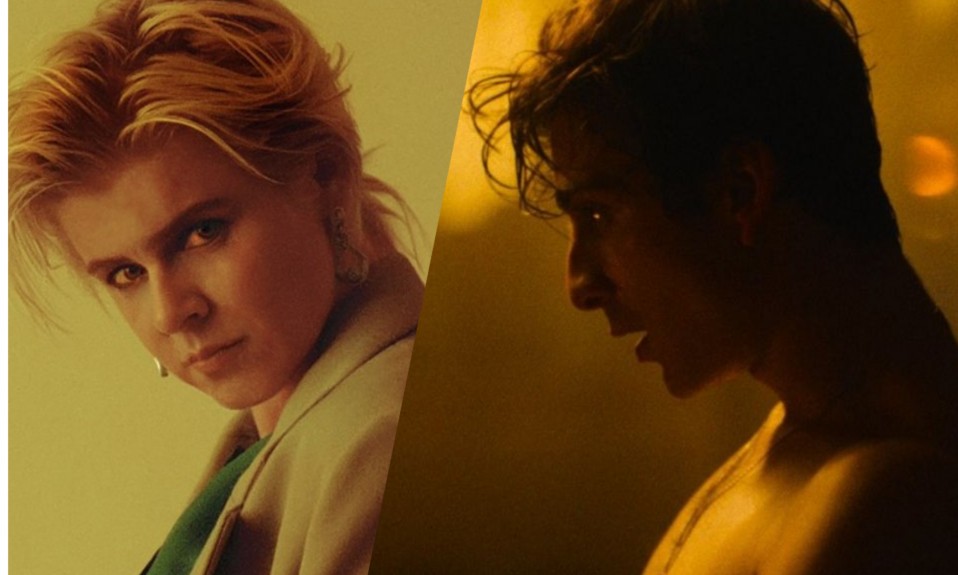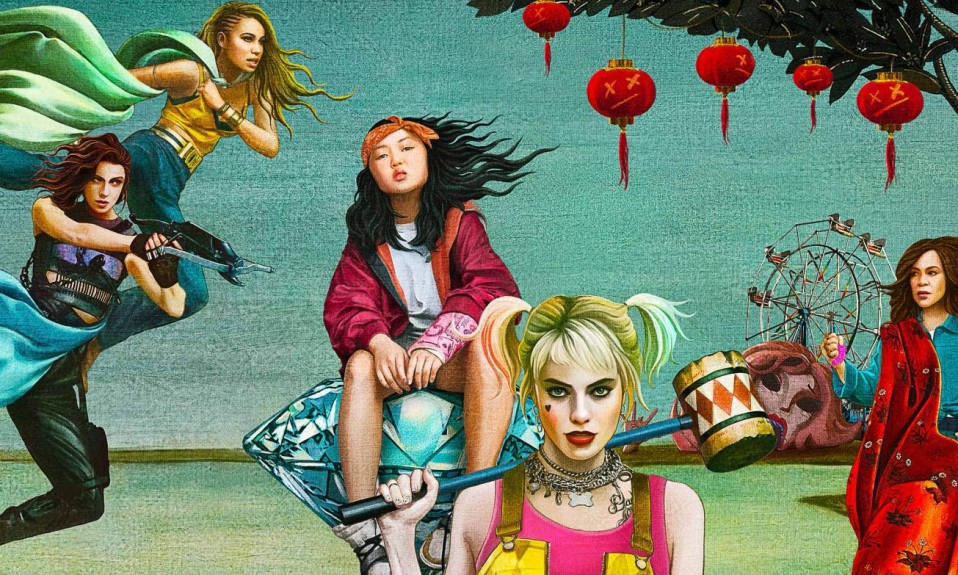There is a utopia on the horizon, distant and hazy like tarmac in the heat. It’s one where people sit around in dark rooms watching films and say, without any level of irony or ignorance, that ‘acting is acting’. Where LGBTQ+ actors are playing straight and the straights are playing gay, trans folk are playing cis-roles and everyone is blissfully equal in what they’re offered. But looking around at the dingy and grim corners of modern cinema anyone can see that we’re not there yet. We’re only squinting at blurry figures just about coming into view.
There is a utopia on the horizon, distant and hazy like tarmac in the heat. It’s one where people sit around in dark rooms watching films and say, without any level of irony or ignorance, that ‘acting is acting’. Where LGBTQ+ actors are playing straight and the straights are playing gay, trans folk are playing cis-roles and everyone is blissfully equal in what they’re offered. But looking around at the dingy and grim corners of modern cinema anyone can see that we’re not there yet. We’re only squinting at blurry figures just about coming into view.
Earlier this month the author of Call Me By Your Name, noted straight man and self-confessed paedophile, André Aciman called those that question straight actors playing gay roles ‘small-minded‘ while promoting his second book to profit off LGBTQ+ experience. In the past, Cate Blanchett said she would “fight to the death” to play gay roles, while Rachel Weisz and Matt Smith compared playing gay to playing alcoholics and heroin addicts, respectively. Alternatively, Darren Criss recently announced that his role in American Crime Story would be the last gay role he would play. “I want to make sure I won’t be another straight boy taking a gay man’s role,” he said in an interview with Bustle. Similarly, Armistead Maupin, the gay author of Tales of the City, told the BBC he thought “a gay actor can bring something special to the role from their own experience” and that an LGBTQ+ actor would likely stay closeted to avoid getting typecast or overlooked.
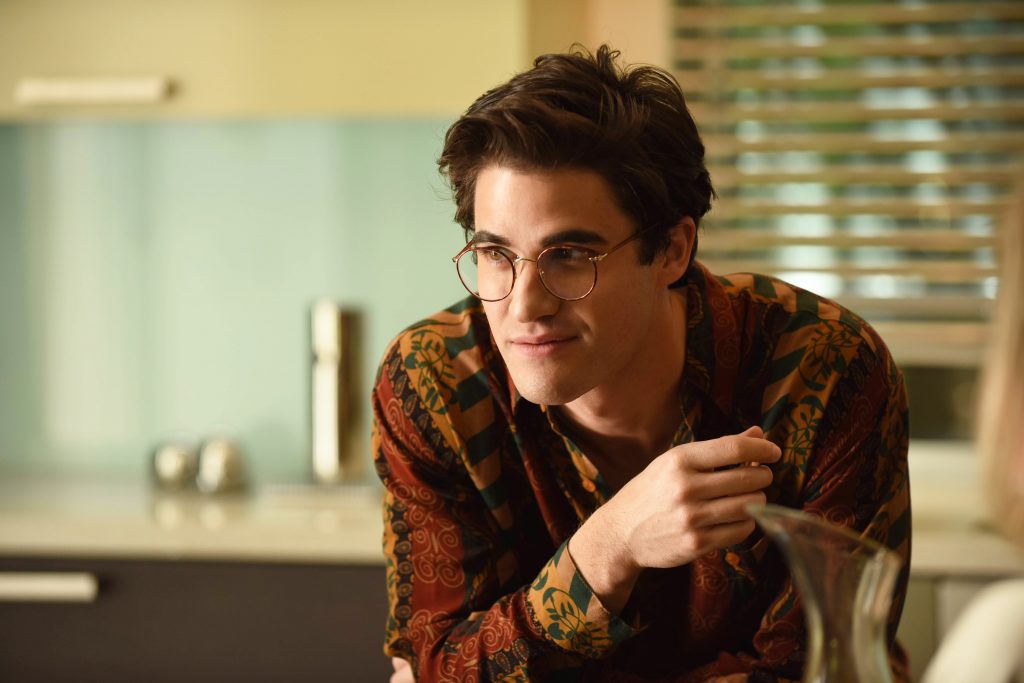
As 2020 draws closer, the spectre of Jungle Cruise and Supernova are beginning to materialise. The former featuring Jack Whitehall’s controversial ‘openly gay’ character for Disney (who is conspicuously quiet in the films recently released trailer) and the latter, a recently wrapped dementia based film starring straight men Colin Firth and Stanley Tucci as partners directed by up-and-coming straight director Harry McQueen. The announcement of both projects, once again, sparked debate. ‘IT’S CALLED ACTING,’ people cry on Twitter or in Facebook comments and yes, in that utopia, it is. But maybe I should say it again, one more time, for the people in the back: We are not there yet.
Earlier this year Ryan Gilbey wrote “Would there be enough out LGBT actors – brilliant, out LGBT actors, that is – to fill all these vacant parts?” in an article for The Guardian that failed to understand the crux of the issue; opportunity. LGBTQ+ actors are not often considered for straight roles under the guise that audiences won’t ‘believe them’. Out actors have routinely faced difficulty in finding work post-coming out, which has ultimately damaged their career while others are out but try to avoid the moniker of ‘gay’ altogether while straight actors don’t see gay roles in the same light. They are told that ‘playing gay’ will increase their range and potentially bring acclaim (and awards). Why? Rami Malek, Olivia Coleman, Hilary Swank, Jake Gyllenhaal, Cate Blanchett, Timothée Chalamet, Cher, Whoopi Goldberg, Judi Dench, Nicole Kidman, Jared Leto, Tom Hanks, and countless other straight (or assumed straight) actors to be have been nominated (or, in some cases won) a slew of awards for playing LGBTQ+ roles.

The continued trend of straight folk being awarded for LGBTQ+ roles is a clear indicator of why they don’t want to give them up and what we are facing. For these actors, it is an experience akin to playing an addict and they don’t care that these comparisons trivialise sexuality and frame it as an experience, a passable affliction instead of something intrinsic to someone’s identity. They frame it as a phrase, something that can be thrust upon us and then overcome with a stay in rehab or the kindness of a stranger. And, simply put, it shows that they just don’t understand.
What do we do then? Do we stop paying to see mainstream films that censor gay sex and reduce all queer intimacy down to quick pecks? The films that are made mostly to appeal to a straight audience and feature so little LGBTQ+ content that it can be edited out entirely and only lose three minutes of its two hours and thirteen-minute runtime. The short answer is: Yes.
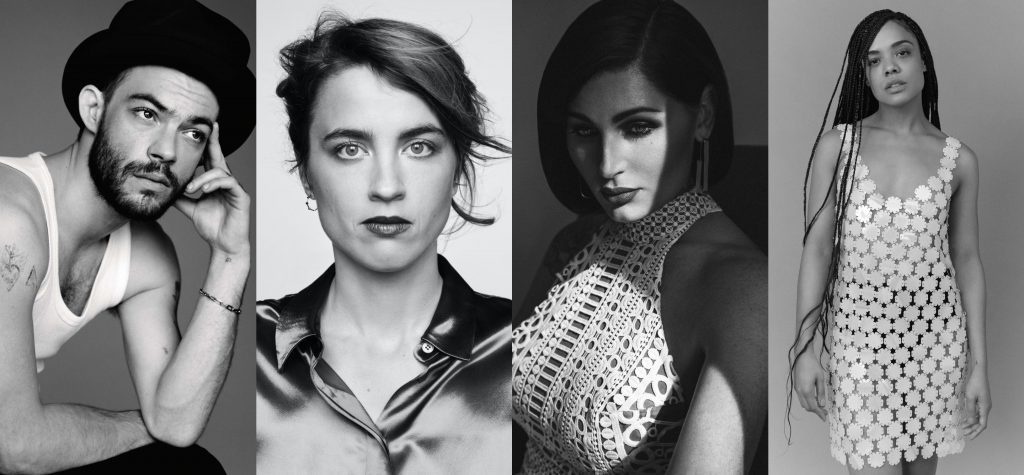
Maybe it’s time to say enough is enough? To put our money and effort into the rising European stars of Félix Maritaud and Adéle Haenel, who are proof that LGBTQ+ actors can create a name for themselves in queer cinema. Or into actors like Tracy Lysette, who had a role written specifically for her in the critical and box office hit Hustlers, or Tessa Thompson who came out as bisexual in an interview with Net-A-Porter. After all, the French author Édouard Louis suggests that LGBTQ+ people could be the best actors we have to offer as they spend their lives performing to ‘to protect from homophobia and masculine violence.’
The aforementioned utopia only shimmers into existence if we are the ones to manifest it. We can explain over and over again to straight cisgender actors that taking the only roles Hollywood will consider queer people for is a problem or we can stop paying to see these movies. We can make movie stars of LGBTQ+ actors, ask LGBTQ+ directors to hire LGBTQ+ actors, shout from the rooftops about the films that get the experience right, and chastise those that get it wrong (or those that try and water it down). We can build that utopia, brick by queer brick.
Note: The term ‘actor’ has been used throughout this article as a gender-neutral term (as opposed to the gendered ‘actress’) and as such its use is not intended to misgender but rather to level the playing field and avoid unnecessary gender divisions.
Also Read: Sorry We Missed You: Film & The North


